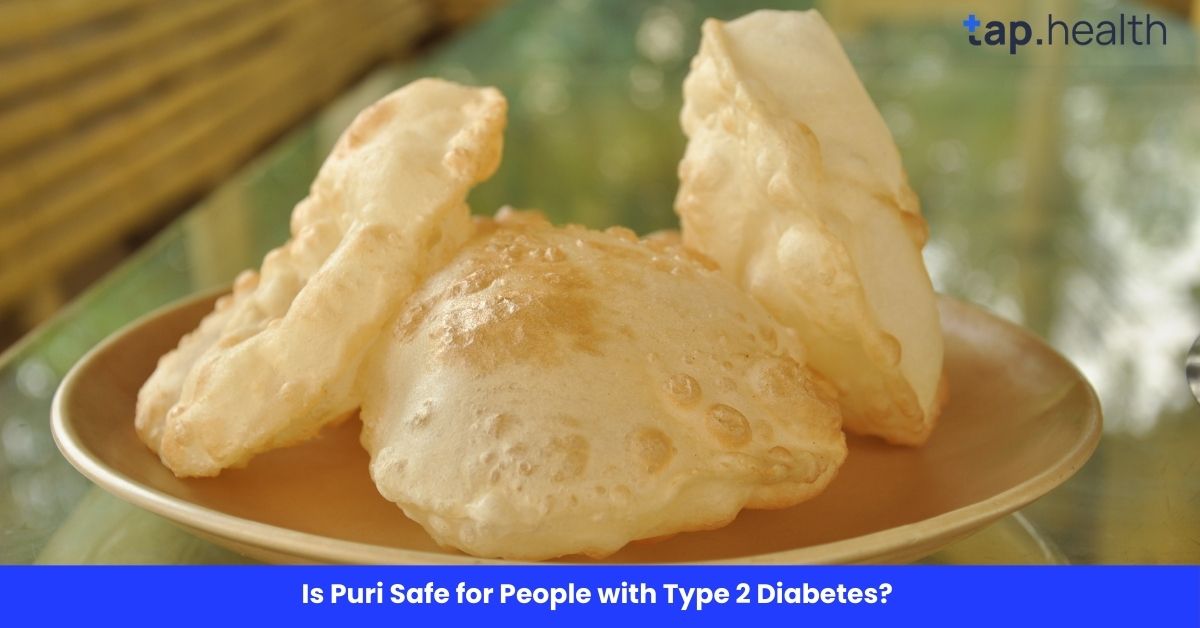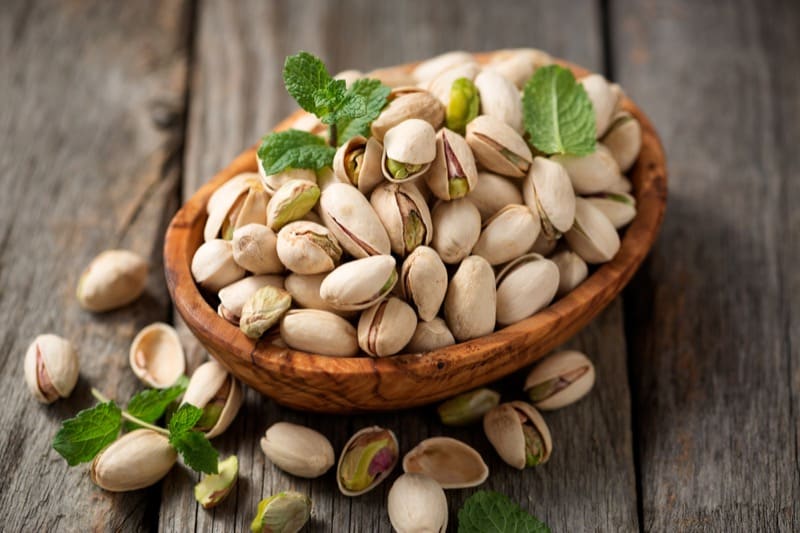Pancreatitis, an inflammation of the pancreas, is a serious condition that can range from mild discomfort to life-threatening. Understanding the severity, risks, treatments, and preventive measures associated with pancreatitis is crucial for managing the condition effectively and reducing the risk of complications. This article provides a comprehensive look at pancreatitis, including whether it can be fatal, the various types and symptoms, causes, treatment options, and preventive strategies.
What is Pancreatitis?
Pancreatitis is an inflammation of the pancreas, an organ that plays a crucial role in digestion and blood sugar regulation. The pancreas produces digestive enzymes that break down food in the small intestine and hormones like insulin that control blood sugar levels. When the pancreas becomes inflamed, it can no longer function properly, leading to a range of health issues.
Acute Pancreatitis
Acute pancreatitis is characterized by sudden inflammation of the pancreas that can range from mild to severe. It often requires immediate medical attention. Common causes include:
- Gallstones: Block the bile duct, leading to inflammation.
- Heavy Alcohol Consumption: A major risk factor.
- Certain Medications: Some drugs can induce pancreatitis.
- Infections: Certain viral or bacterial infections.
- Trauma: Physical injury to the pancreas.
Chronic Pancreatitis
Chronic pancreatitis develops gradually over time and is often associated with long-term alcohol use. It can also result from genetic conditions, autoimmune diseases, or certain medications. It leads to persistent inflammation and damage to the pancreas, causing ongoing symptoms and increasing the risk of severe complications.
Can You Die from Pancreatitis?
Yes, pancreatitis can be fatal, particularly in severe cases or when complications arise. The likelihood of death from pancreatitis depends on several factors:
Acute Pancreatitis
- Severity of Inflammation: Acute pancreatitis can be classified as mild, moderate, or severe. Severe cases involve extensive inflammation and can lead to systemic complications such as organ failure. The severity is often assessed using tools like the Ranson criteria or the APACHE II score.
- Complications: Complications from acute pancreatitis include:
- Pancreatic Necrosis: Death of pancreatic tissue, which can become infected.
- Systemic Infection: Infections such as sepsis can spread throughout the body.
- Organ Failure: In severe cases, the inflammation can affect other organs like the heart, lungs, or kidneys.
- Hemorrhage: Bleeding within the pancreas or surrounding areas.
- Delayed Treatment: Immediate treatment is crucial for managing severe pancreatitis. Delayed treatment can exacerbate the condition and lead to life-threatening complications.
- Underlying Health Conditions: Patients with pre-existing conditions like cardiovascular disease, diabetes, or liver disease are at higher risk of severe outcomes.
Chronic Pancreatitis
- Pancreatic Cancer: Chronic inflammation increases the risk of pancreatic cancer, which often goes undiagnosed until advanced stages, reducing survival chances.
- Diabetes: Chronic pancreatitis can lead to diabetes due to impaired insulin production. Uncontrolled diabetes can cause additional health issues.
- Nutritional Deficiencies: Chronic pancreatitis can impair nutrient absorption, leading to malnutrition, weakened immune function, and increased vulnerability to infections and other health problems.
- Complications: Complications like pancreatic pseudocysts or bile duct obstruction can arise and may require surgical intervention.
Symptoms of Pancreatitis
The symptoms of pancreatitis vary based on the type and severity of the condition.
Acute Pancreatitis Symptoms
- Severe Abdominal Pain: Typically sudden and intense, often in the upper abdomen and may radiate to the back.
- Nausea and Vomiting: Persistent and can be severe.
- Fever: Common in severe cases.
- Rapid Pulse: Increased heart rate may indicate a serious condition.
- Swollen Abdomen: The abdomen may appear distended due to inflammation.
Chronic Pancreatitis Symptoms
- Persistent Abdominal Pain: Chronic pain that may be less severe but ongoing.
- Digestive Issues: Problems such as oily stools due to malabsorption.
- Weight Loss: Unexplained weight loss from malnutrition.
- Diabetes Symptoms: Increased thirst, frequent urination, and blurred vision.
- Nausea and Vomiting: Similar to symptoms in acute pancreatitis but persistent.
Causes of Pancreatitis
Identifying the causes of pancreatitis helps in prevention and effective management.
Acute Pancreatitis Causes
- Gallstones: Can block the bile duct, causing inflammation.
- Alcohol Consumption: Heavy and chronic alcohol use is a significant risk factor.
- Medications: Certain drugs, including some antibiotics and diuretics, can induce pancreatitis.
- Infections: Viral or bacterial infections can trigger inflammation.
- Trauma: Physical injury to the pancreas can lead to acute inflammation.
Chronic Pancreatitis Causes
- Chronic Alcohol Use: Long-term alcohol consumption is a major cause.
- Genetic Conditions: Inherited disorders like cystic fibrosis can predispose individuals.
- Autoimmune Diseases: Conditions where the immune system attacks the pancreas.
- Medications: Long-term use of certain drugs may contribute to chronic inflammation.
- Obstructive Conditions: Blockages in the pancreatic duct can cause ongoing damage.
Risk Factors for Pancreatitis
Certain factors increase the likelihood of developing pancreatitis. Being aware of these risk factors can help in taking preventive measures and managing the condition effectively.
Acute Pancreatitis Risk Factors
- Heavy Alcohol Use: Chronic alcohol consumption is a primary risk factor for acute pancreatitis. Reducing or eliminating alcohol intake significantly lowers the risk.
- Gallstones: Women and older adults are more likely to develop gallstones, which can lead to acute pancreatitis. Regular screening and management of gallstones can reduce risk.
- Medications: Certain drugs, such as some antibiotics, diuretics, and medications used for chemotherapy, can increase the risk of pancreatitis. Always consult with a healthcare provider about potential side effects.
- High Blood Triglycerides: Elevated triglyceride levels in the blood can contribute to pancreatitis. Managing cholesterol and triglyceride levels through diet and medication can help reduce this risk.
- Genetic Factors: Family history of pancreatitis or genetic disorders can increase susceptibility. Genetic testing may be recommended for those with a family history.
Chronic Pancreatitis Risk Factors
- Chronic Alcohol Consumption: Long-term alcohol use is the most significant risk factor for chronic pancreatitis. Cutting back or quitting alcohol is essential for prevention.
- Genetic Disorders: Inherited conditions like cystic fibrosis or hereditary pancreatitis increase the risk. Early diagnosis and management are crucial.
- Autoimmune Conditions: Autoimmune pancreatitis occurs when the body’s immune system attacks the pancreas. Managing autoimmune disorders with the help of a healthcare provider can mitigate risks.
- Smoking: Smoking is a risk factor for chronic pancreatitis. Quitting smoking improves overall health and reduces the risk of developing the condition.
- Obstructive Conditions: Conditions that block the pancreatic duct, such as tumors or strictures, can lead to chronic inflammation. Treatment of underlying obstructive issues can prevent chronic pancreatitis.
Diagnosis of Pancreatitis
Diagnosing pancreatitis involves several steps to ensure accurate identification and effective treatment.
Diagnostic Procedures
- Medical History and Physical Examination: A healthcare provider will review symptoms and perform an examination. This includes asking about alcohol use, medications, and family history.
- Blood Tests: Elevated levels of pancreatic enzymes like amylase and lipase in the blood can indicate pancreatitis. These tests help in assessing the extent of inflammation.
- Imaging Studies: CT scans, MRI, or ultrasound can reveal inflammation, fluid accumulation, or complications. Imaging is crucial for diagnosing severe cases and complications.
- Endoscopic Procedures: Endoscopic ultrasound or ERCP (endoscopic retrograde cholangiopancreatography) may be used to examine the pancreatic and bile ducts, especially when gallstones or other obstructions are suspected.
Additional Tests
- Fecal Tests: To check for fat malabsorption, which indicates pancreatic insufficiency. This test helps in diagnosing chronic pancreatitis and assessing digestive function.
- Genetic Testing: For those with a family history of pancreatitis or genetic conditions. This can help identify hereditary forms of the disease and guide treatment.
Treatment for Pancreatitis
Effective treatment for pancreatitis depends on the type and severity of the condition.
Acute Pancreatitis Treatment
- Hospitalization: Severe cases require hospitalization for close monitoring and management.
- Pain Management: Pain relief is essential and may include opioids or NSAIDs.
- Intravenous Fluids: Administered to maintain hydration and electrolyte balance.
- Nutritional Support: May include a feeding tube or intravenous nutrition if oral intake is not possible.
- Treating the Underlying Cause: Addressing issues such as gallstones or alcohol abuse is crucial.
- Monitoring for Complications: Intensive care may be required to manage complications like organ failure or infections.
Chronic Pancreatitis Treatment
- Enzyme Replacement Therapy: To aid digestion and prevent malnutrition. Pancreatic enzyme supplements help digest food more effectively.
- Pain Management: Includes medications and possibly nerve blocks. Pain control is crucial for improving quality of life.
- Diabetes Management: Blood sugar levels are managed through insulin or oral medications if diabetes develops.
- Dietary Changes: A low-fat, high-protein diet helps manage symptoms and prevent malnutrition.
- Lifestyle Modifications: Quitting alcohol, smoking, and adopting a healthy lifestyle can improve outcomes.
- Surgery: In some cases, surgery may be needed to address complications like pancreatic pseudocysts or duct obstructions.
Pancreatitis Treatment in Homeopathy
Homeopathy offers an alternative approach to managing pancreatitis symptoms, but it should not replace conventional medical treatments. Some homeopathic remedies may help alleviate symptoms and support overall wellness. However, always consult a healthcare professional before starting any homeopathic treatments.
Common Homeopathic Remedies
- Arsenicum Album: Often used for pain and digestive issues associated with pancreatitis.
- Nux Vomica: May help with digestive disturbances and nausea.
- Lycopodium: Can be considered for bloating and gas.
Effectiveness and Duration
The effectiveness of homeopathic remedies varies by individual. Some may experience symptom relief quickly, while others might see gradual improvement. It’s important to monitor progress and adjust treatments as needed.
Complementary Use
Homeopathy can be used alongside conventional treatments. Informing your healthcare provider about any homeopathic remedies you are using is essential to avoid interactions and ensure comprehensive care.
Side Effects
Homeopathic remedies are generally safe with minimal side effects due to their high dilution. However, they should be used under the guidance of a qualified homeopath to ensure proper dosing and suitability.
When to Seek Medical Advice
If you experience symptoms of pancreatitis or complications, it’s crucial to seek medical advice promptly. Delayed treatment can lead to severe complications or worsen the condition. Consult a healthcare provider if you:
- Have Severe Abdominal Pain: Sudden or intense pain in the upper abdomen, especially if accompanied by nausea, vomiting, or fever.
- Experience Persistent Digestive Issues: Ongoing nausea, vomiting, or severe digestive discomfort.
- Notice Symptoms of Complications: Such as jaundice (yellowing of the skin or eyes), rapid heartbeat, or signs of organ failure.
- Have Uncontrolled Diabetes: New or worsening diabetes symptoms need medical evaluation.
- Suffer from Weight Loss: Significant and unexplained weight loss should be investigated.
FAQ on Pancreatitis
1. Can Homeopathy Be Effective for Treating Pancreatitis?
Homeopathy can provide relief for some symptoms of pancreatitis, but it should not replace conventional medical treatments. Always consult a healthcare professional before starting any alternative treatments.
2. How Long Does It Take for Homeopathic Remedies to Work?
The effectiveness and duration of homeopathic treatment can vary depending on the individual and the severity of the condition. Some people may experience relief within days, while others may take longer.
3. Can Homeopathy Be Used Alongside Conventional Treatments for Pancreatitis?
Yes, homeopathy can be used as a complementary therapy alongside conventional treatments. However, it is important to inform your healthcare provider about any homeopathic remedies you are using.
4. Are There Any Side Effects of Homeopathic Treatments?
Homeopathic remedies are generally considered safe with minimal side effects due to their high dilution. However, it is essential to use them under the guidance of a qualified homeopath.
5. What Lifestyle Changes Can Help Manage Pancreatitis?
Quitting alcohol and smoking, maintaining a healthy diet, and managing underlying health conditions can help manage pancreatitis. Regular medical check-ups are also important to monitor the condition and adjust treatments as needed.



